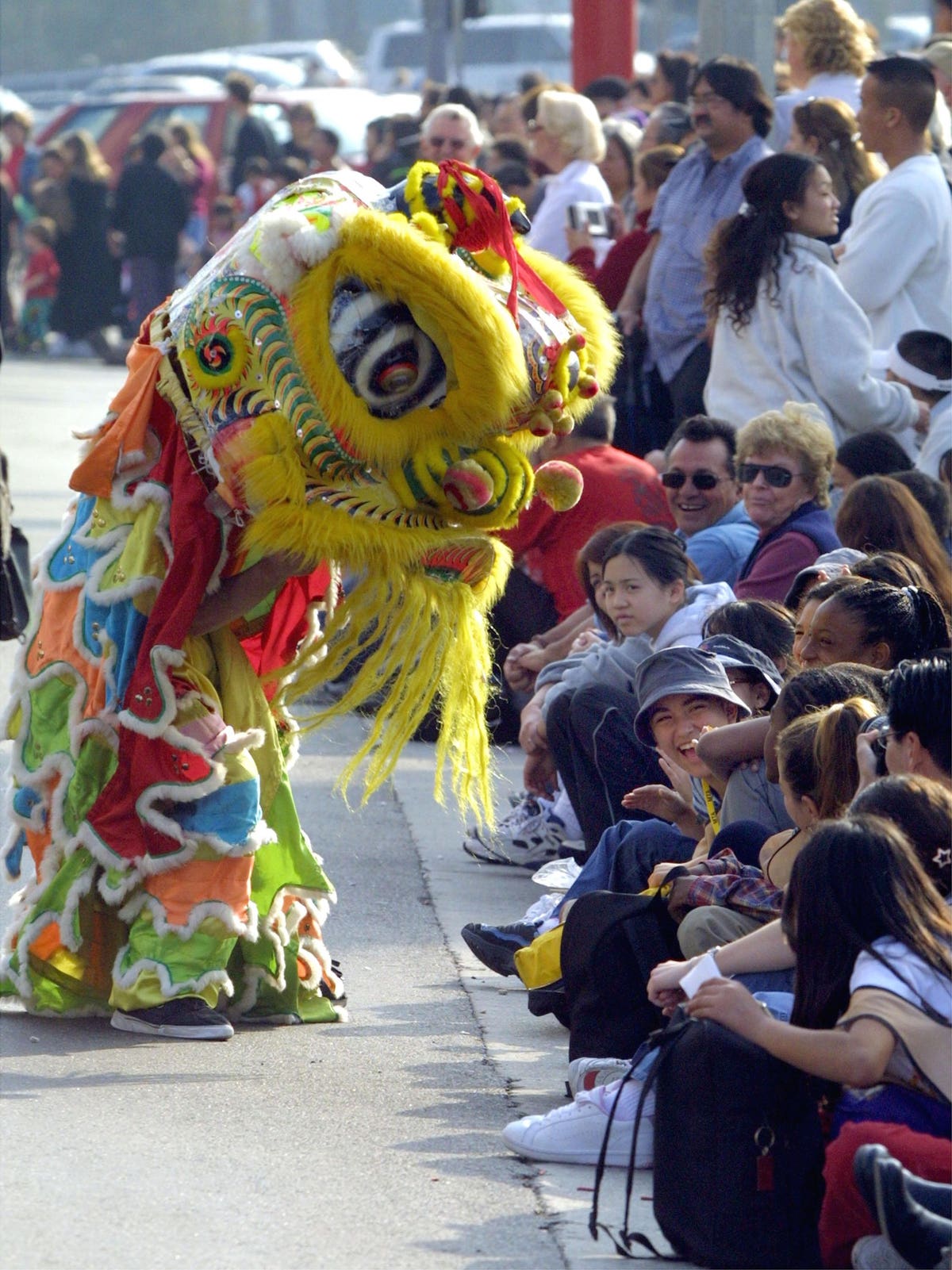Another rate cut from the People’s Bank of China (PBOC) simply cannot move the Chinese economy. Even if these remarkably modest cuts had been bolder, monetary action is not what China needs. Instead, China’s economy cries out for Beijing tp correct multiple past policy mistakes, mistakes that have destroyed the confidence of Chinese households and private businesses, large and small. It is then sad that Beijing seems not even to know what is needed. Even if it did, it is not clear that the nation’s leadership could the necessary steps.
Beijing’s partial economic awakening seems to have occurred late last year. Last January, the authorities finally abandoned its severe zero-Covid lockdowns and quarantines. For a brief while, China’s economy seemed to respond, but by spring the incipient growth momentum began to fade. In response, the authorities instituted a program of infrastructure spending of the sort it has used many times in the past and scheduled it to unfold over months. Beijing also prevailed on the PBOC cut interest rates in June. The hope was that lower rates would induce consumers to spend more and businesses to borrow and invest for expansion. The action was miniscule. The one-year loan prime rate and the five-year rate each fell by 10 basis points to respectively 3.55% and 4.20%. These moves had no appreciable effect. Then in August the PBOC took even more timid action. It has cut only one rate to bring the prime loan rate down to 3.45%.
It verges on the amazing that anyone – even China’s leadership – could expect anything from such modest rate cuts. Consider that China is presently experiencing deflation. July showed a drop in general price levels of 0.3% at an annual rate, while August’s 0.1% rise failed to reverse that effect. Meanwhile producer prices fall in both months. Any borrower then pays 3.45 percent for a one-year loan and repays it with yuan with more buying power. The real rate of borrowing verges on 4.0% or more, hardly an incentive to borrow, either to support consumption or to expand a business operation.
Meanwhile, China faces an even more fundamental problem. Much of the private economy – households and businesses – suffers from a severe crisis of confidence that makes all unwilling to take risks or extend themselves in any way, much less make plans for investing in business expansions. Part of this problem has grown out of the burdens imposed for years by Beijing’s zero-Covid policies. Its seemingly arbitrary but nonetheless severe quarantines and lockdowns destroyed business plans and instilled in all an uneasiness about whether they could even secure a regular income. At the same time, the collapse of the residential property market has depressed real estate values. Home prices had fallen for 16 straight months up to last December, and though they seemed to stabilize earlier this year, they began to fall again in spring. Because home values are the quintessential asset for most Chinese, it is little wander that people are reluctant to extend themselves.
In the face of such economic depressants, it will take more than a modest interest rate cut to move people and managers even if it had reduced the real cost of borrowing. But there is still more holding back China’s economy. Beginning in 2021, President Xi Jinping began to talk about recapturing China’s Marxist principles. He said that the less Marxist past was needed to catch up, but now that China had established itself, it could return to its communist roots. If this were not enough to make private businesspeople wary, he went on at times to accuse them of bad faith for following profit opportunities instead of the Chinese Communist Party’s agenda. Now that he can see the need for private business investment and expansion, he has changed his tune, referring to private business and Chinese entrepreneurs as “our own people.” But both households and businesses remain wary, and understandably so. The former continue to save instead of spend and private business continues to cut back on its capital spending.
Clearly, Beijing needs to do more. The PBOC should immediatly make more substantial interest rate cuts. Other authorities in Beijing, including President Xi Jinping, need to offer businesses assurances that he and his associates will not turn on them again at a later date. That will take a commitment to allow businesses to follow the business opportunities as they see them not according to a centralized plan such as Beijing has insisted on for some time. Such a change will take more imagination than Beijing’s policy makers have ever exhibited. Indeed, such a change would seem to run counter to Beijing’s DNA. In the meantime, China’s economy remains a bad bet.
Read the full article here





